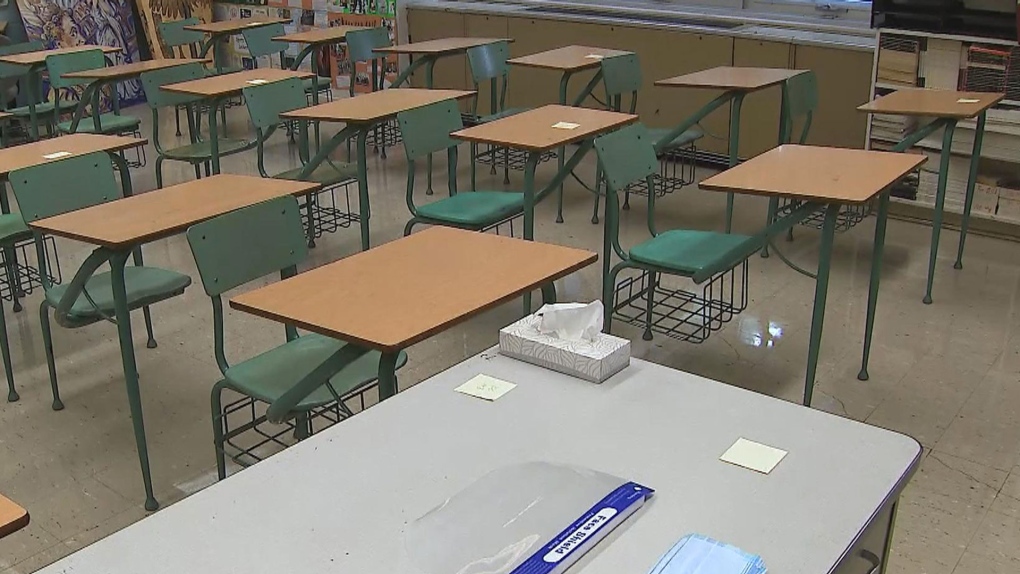Latest News
- Montreal honors 14 victims of Polytechnique massacre in official ceremony
- Canadian Indigenous cultural objects return from Vatican after a century
- A new home for Halifax explosion debris
- More than 30,000 SUVs and pickup trucks recalled in Canada due to increased crash risk
- L.L.'s painful death: Ontario court enters critical phase with new digital evidence
Latest Ads
-
Jasmine Jewel
Call
-
Omidan group
Call
-
Amir Madanpour
Call
-
Dimo studio
Call
-
Yorkacademy
Call
-
Maryambagheri
Call
-
Shishlix Restaurant
Call

Sask. school divisions ready to enforce pronoun law when classes start next week
The news of the approval of a new law in the province of Saskatchewan, Canada, requiring students under the age of 16 to have parental consent to change their names or pronouns in schools, has set off a wave of controversy in the community. The law, known as Law 137, has been met with strong reactions from human rights groups, civil society organizations and labor unions.
Key points of this news:
Implementation of the new law: Schools in Saskatchewan are required to implement the new law, and students under 16 will need parental consent to change their names or pronouns at school.
Objections: This law has been strongly opposed by human rights groups and civil organizations, who consider it a violation of the rights of children and educational workers.
Use of notwithstanding clause: The Saskatchewan government has used a notwithstanding clause to protect this law from legal challenges.
Legal concerns: There are concerns about violations of the rights of children and educational staff, and a legal battle is underway.
Social consequences: This law can have negative social consequences for transgender and non-binary students and lead to the creation of an inappropriate and exclusionary environment in schools.
Possible consequences of this law:
Increased suicide: Studies have shown that trans and non-binary students who are ostracized in school environments are at greater risk of suicide.
Lowering Self-Esteem: This law can lower the self-esteem of transgender and non-transgender students and prevent them from expressing their true identity.
Creating an inappropriate environment in schools: The implementation of this law can lead to the creation of an inappropriate and exclusionary environment in schools where trans and non-binary students do not feel safe.
Violation of human rights: Many believe that this law violates the human rights of students and contradicts the principles of equality and non-discrimination.
Why is this law important?
This law represents a growing trend in some societies where the rights of sexual and gender minorities are threatened. The law also shows how politics can affect people's everyday lives and highlights the importance of protecting the rights of all people, regardless of their sexual or gender identity.
what to do
Awareness: It is important that people are aware of this issue and know more about the rights of sexual and gender minorities.
Supporting human rights organizations: It is very important to support organizations that work to defend the rights of sexual and gender minorities.
Participation in civil activities: participation in demonstrations and campaigns to support the rights of these groups can be effective.
Discussion and conversation: creating dialogue and conversation with people who have different points of view can help to better understand issues and find solutions.
Finally, this law is a reminder that the fight for equality and justice continues and that we all have a responsibility to defend the rights of all people.
news source
Suggested Content
Latest Blog
Login first to rate.
Express your opinion
Login first to submit a comment.
No comments yet.


































